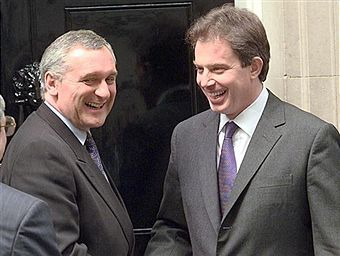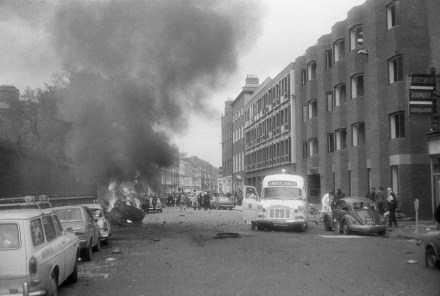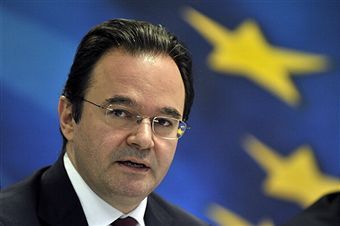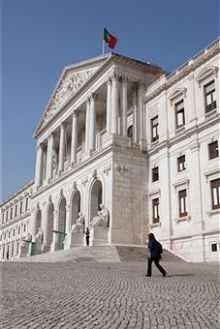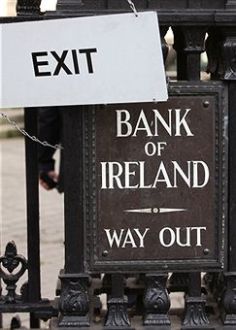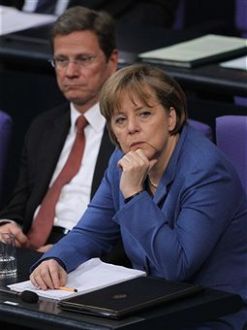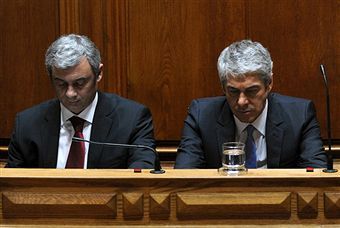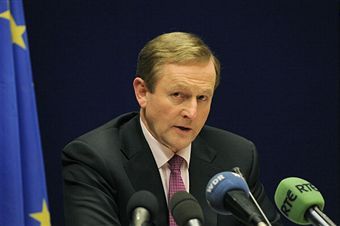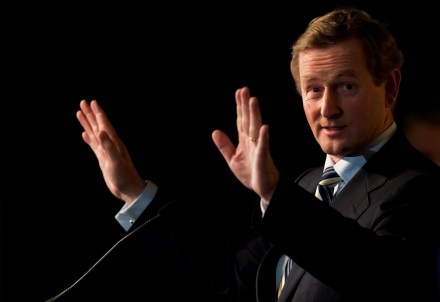From the archives: The Good Friday Agreement
On Sunday, it will be thirteen years to the day since the people of Northern Ireland voted in a referendum on the Good Friday Agreement. The result was one of overwhelming support: 71 per cent to 29. Here is Bruce Anderson’s take on the Agreement from his Politics column at the time: Mr Blair was rough on Mr Ahern (and while Unionists were there), Bruce Anderson, The Spectator, 18 April 1998 Occasionally, one is glad to be wrong. In this column last week, I wrote about the imminent collapse of the Ulster peace process. It seemed then as if everything was unravelling; the gaps between the various sides
